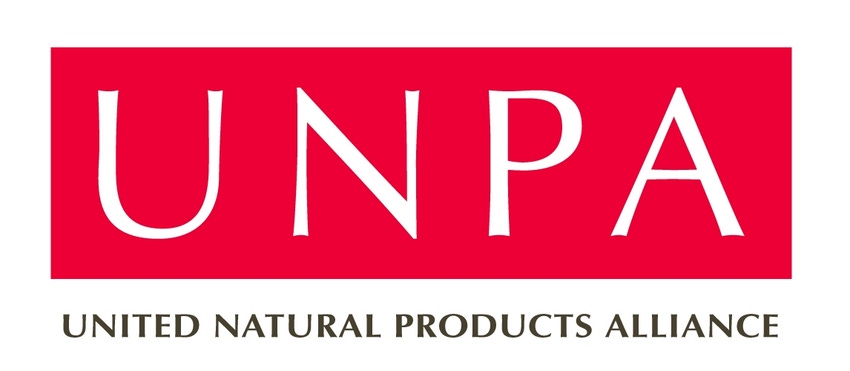UNPA backs market-driven GMO labeling
Trade group says national legislation is likely to be ineffective, and a patchwork of state regulations would be expensive and cumbersome for industry.
July 22, 2013

With the discussion about the labeling of foods, beverages and dietary supplements containing genetically modified ingredients reaching a peak this year, the United Natural Products Alliance (UNPA), an international alliance of forward-looking companies dedicated to providing consumers with natural health products of superior quality, benefit and reliability, has formally endorsed a market-driven approach to the labeling issue to best serve consumers and industry.
Recognizing that the issue of whether to require mandatory labeling of foods, beverages and supplements containing ingredients produced with genetically modified organisms (GMOs) may be the most contentious one in the last 20 years for the natural health products industry, UNPA and its members support the labeling of products containing GMO ingredients and the right of consumers to know how their foods and supplements are sourced. UNPA is an active supporter and participant in the retailer-initiated NON-GMO Project.
However, UNPA does not see pending national legislation or state-by-state laws as viable solutions, both having the potential to take too much time and result in either watered-down national legislation that would neither satisfy—nor remedy—the labeling issue or create a patchwork of state regulations that would be cumbersome for industry and not serve consumers well.
“In principle, we support the expression of citizens in states to drive a non-GMO agenda, with the understanding that if a number of state labeling initiatives are successful, it could create a complicated regulatory problem for well-intended companies that want to comply,” said UNPA President Loren Israelsen. “We believe that a consumer-driven market solution is the most efficient way to address the GMO-labeling issue, whether it manifests as a non-GMO or contains-GMO label structure.”
Israelsen noted that it is unlikely that the Food and Drug administration will provide guidance on the issue in the near future, because the agency doesn’t consider GMO-based food to be different from non-GMO food, nor does the agency recognize any health or safety issues.
UNPA believes that state initiatives, such as I522, which will be on the ballot in Washington in November, are important and should be supported by industry to help prompt interest and advancement of a commercial process that will drive acceptable labeling protocols for impacted industries.
This, Israelsen said, will help promote both legislative and market-based models, such as the recent solution by Whole Foods Market. The retail chain pledged that all products containing GMO-based ingredients in its 350 stores would require labeling by 2018. Other retail and restaurant operations are following suit, including the nearly 1,500-outlet Chipotle Mexican Grill, which has a goal to eliminate GMO-based foods altogether.
UNPA notes that in June, the industry-based, Non-GMO Project Verified label received approval of a non-GMO label claim for meat and liquid egg products from the Food Safety and Inspection Service, a branch of the U.S. Department of Agriculture that regulates such products, the first government-approved GMO label claim.
“These are all solid examples of the marketplace finding viable solutions to this issue, and many more thoughtful initiatives are likely to surface,” said Israelsen.
A May UNPA symposium titled “The Non-GMO Future: How to Source, Test, Label and Market Food and Supplement Ingredients,” created a forum for company executives and representatives from both sides to learn about and discuss the GMO labeling issue and the sourcing of non-GMO food and supplement ingredients in a post-label world. Audio files of the presentations that include synchronized PowerPoints will be available from UNPA in August.
“UNPA will continue to work with the natural products industry, as well as mainstream food and beverage companies to develop such market-oriented solutions and to establish practices and procedures that will distinguish non-GMO goods with or without the requirement of state or federal legislation,” Israelsen added.

You May Also Like


